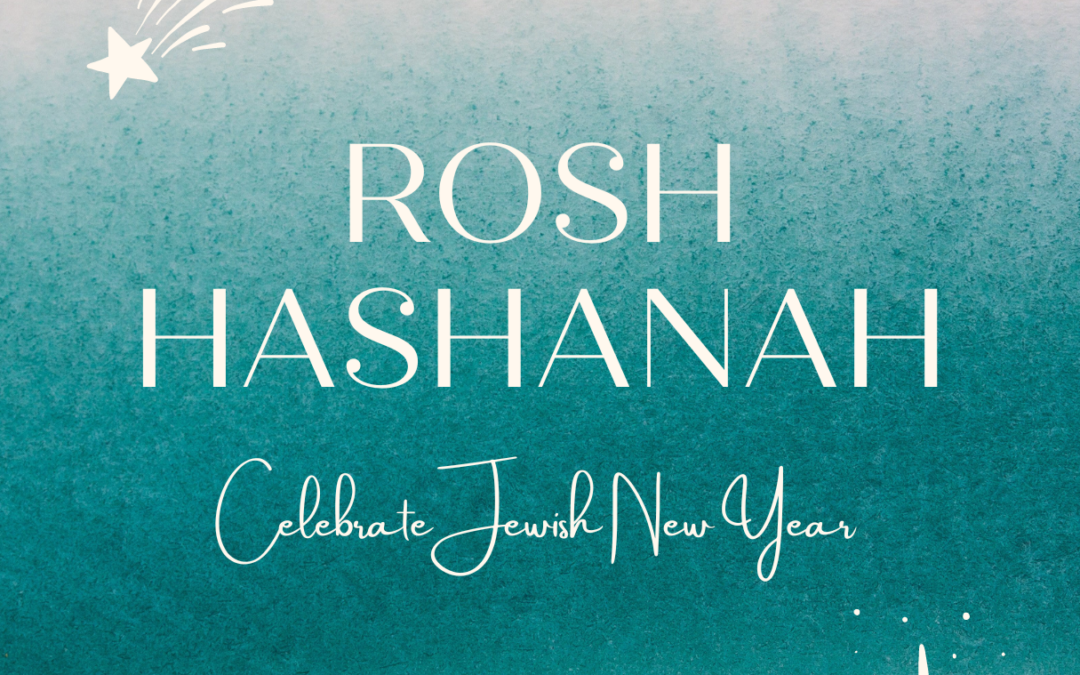Wishing Everyone A Happy Rosh Hashanah MABA MassachusettsRealEstate FirstTimeHomeBuyers MaBuyerAgent
Rosh Hashanah is the Jewish New Year, marking the beginning of the Hebrew calendar in the month of Tishrei (typically falling in September or early October in the Gregorian calendar). It is a two-day holiday that signifies both a time of celebration and deep spiritual reflection. Rosh Hashanah is viewed as the anniversary of the creation of the world, and it sets the stage for a period of self-examination and renewal, which culminates in Yom Kippur, the Day of Atonement, ten days later. Together, these ten days are known as the Days of Awe, a period when Jews seek to rectify their wrongdoings and seek forgiveness from both God and others.
Customs and Traditions
Rosh Hashanah is celebrated with a mix of prayer, symbolism, and festive meals. One of the central practices is the blowing of the shofar, a ram’s horn, which serves as a spiritual wake-up call, urging people to reflect on their actions and return to a more righteous path. Special prayers called the Machzor are recited in synagogues, where congregants focus on God’s sovereignty and mercy. In addition to prayer, the holiday is also marked by symbolic foods, such as apples dipped in honey, which represent the hope for a sweet and prosperous new year.
Tashlich and Seeking Forgiveness
Another important Rosh Hashanah tradition is Tashlich, a ritual where Jews symbolically cast away their sins by throwing breadcrumbs or small stones into a flowing body of water, such as a river or stream. This act represents the desire to start the year fresh and let go of past wrongdoings. Rosh Hashanah encourages Jews to reflect on their relationships with others, make amends for any harm they may have caused, and seek both divine and interpersonal forgiveness. The spiritual work done during Rosh Hashanah and the Days of Awe helps prepare individuals for Yom Kippur.
Rosh Hashanah’s Significance in Modern Times
In contemporary times, Rosh Hashanah serves not only as a religious holiday but also as a moment of personal and communal renewal. While traditional synagogue services and rituals remain central, modern celebrations also emphasize the importance of gathering with family and friends, often around a festive table filled with symbolic dishes like challah bread and pomegranates. The themes of introspection, accountability, and hope resonate deeply, reminding Jews around the world to strive for growth, compassion, and a positive outlook for the coming year.

FIRST TIME HOMEBUYERS
"The MABA agent helped us find the perfect home for us at the right price and we felt extremely good about the final deal."
Get Started with MABA
For no extra cost, let a MABA buyer agent protect your interests



